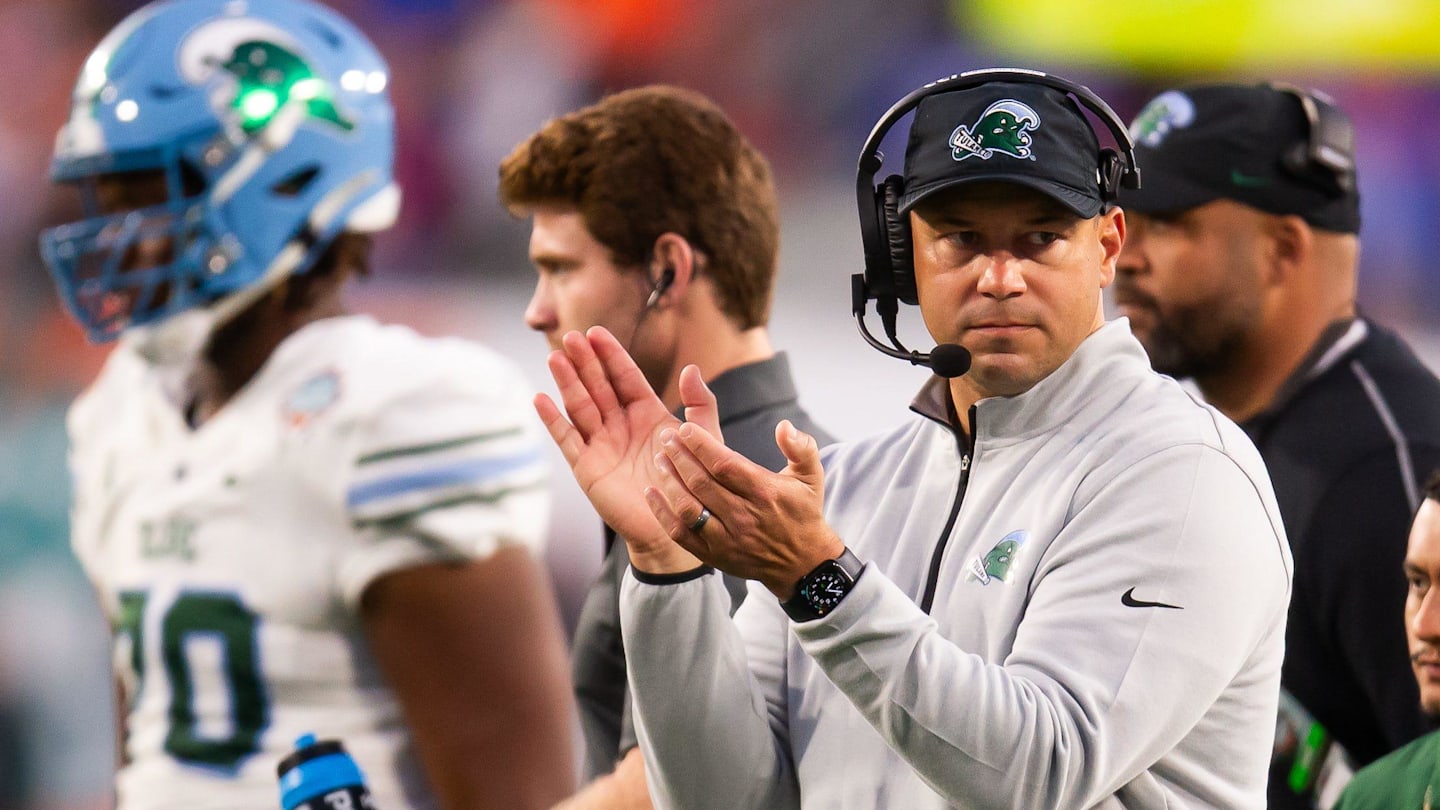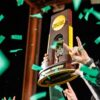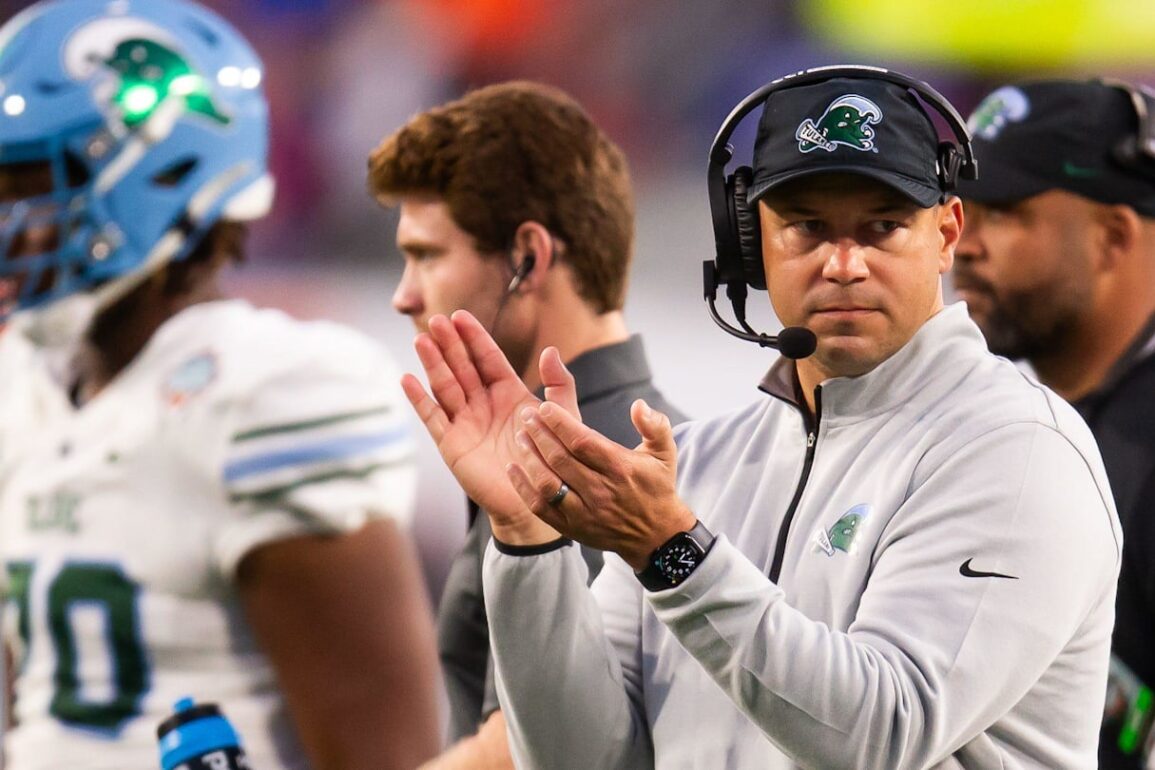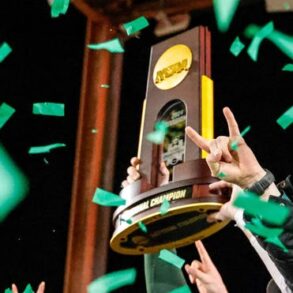
While all college football coaches are in a state of evolution with name, image, and likeness, Group of Five programs have a lot of ground to cover in the landscape.
Tulane Green Wave head coach Jon Sumrall experienced one of the more painful losses in the NIL era after developing a redshirt freshman into a starting quarterback.
Darian Mensah ascended from third-string redshirt freshman to starter and successor to Michael Pratt—and then received one of the biggest NIL deals in college football to transfer to the Duke Blue Devils.
In return, the Green Wave are now without a starting quarterback. There’s no mutual benefit as it stands for the programs that are poached. Sumrall sees a solution that is supportive of players receiving NIL, but not at the cost of his program’s success.
Sumrall was candid about Mensah’s departure in a recent sit-down with Josh Pate’s College Football Show. He explained that he met with Mensah before the window opened to persuade him of the value created by the program.
While Sumrall understands that may be something they see more of elsewhere, shouldn’t the team that developed a top NIL earner be compensated for those efforts?
“I think there should be some restrictions, maybe, on the movement,” Sumrall said. “If a coach wants to leave a job, there’s a buyout involved. Well, how about we have maybe a buyout on a player if he decides to leave? So, if he wants to transfer up, then they have to monetarily pay us to get him out of the deal.”
The freedom of player movement is one thing, but the transfer portal is highly lopsided when it comes to who benefits.
Currently, if a program evaluates, recruits, and lands a guy, proceeds to develop and cultivate him, and in return, he leaves for another team, that just leaves a giant hole on the player’s former roster.
If there was some sort of talent or development fee where the team that developed him could reap benefits, roster building could be much more stable.
Tulane was able to rebuild through the portal just as much and sign three incoming quarterbacks to compete for the role—and likely used newly available funds initially intended for Mensah. That basically rewards budgeting that was already in place for another player.
Sumrall did acknowledge that the buyout solution opens the door to employment status, and that’s a bunch of legalities easier said than done to traverse. As it stands, that would fall under the prohibited pay-for-play.
However, for a coach with all the justification to have a bitter outlook, he was refreshingly open-minded on the landscape of college sports with respect to NIL.
“There’s movement with athletes, and I’m not against it,” Sumrall said. “There’s payment for players. I love it. I’m for our players getting taken care of. I want them to be able to make money. It’s great. I don’t think any coach who is against NIL really is for their players.”
With so many head coaches coming out against NIL as it stands, or more mildly, just focused on the negative aspects, Sumrall stands out in his true promotion of players benefitting from name, image, and likeness.
His Tulane football program also stands out as a paramount example of why regulations of some form need to be implemented for the betterment of the sport.
This post was originally published on this site be sure to check out more of their content.







